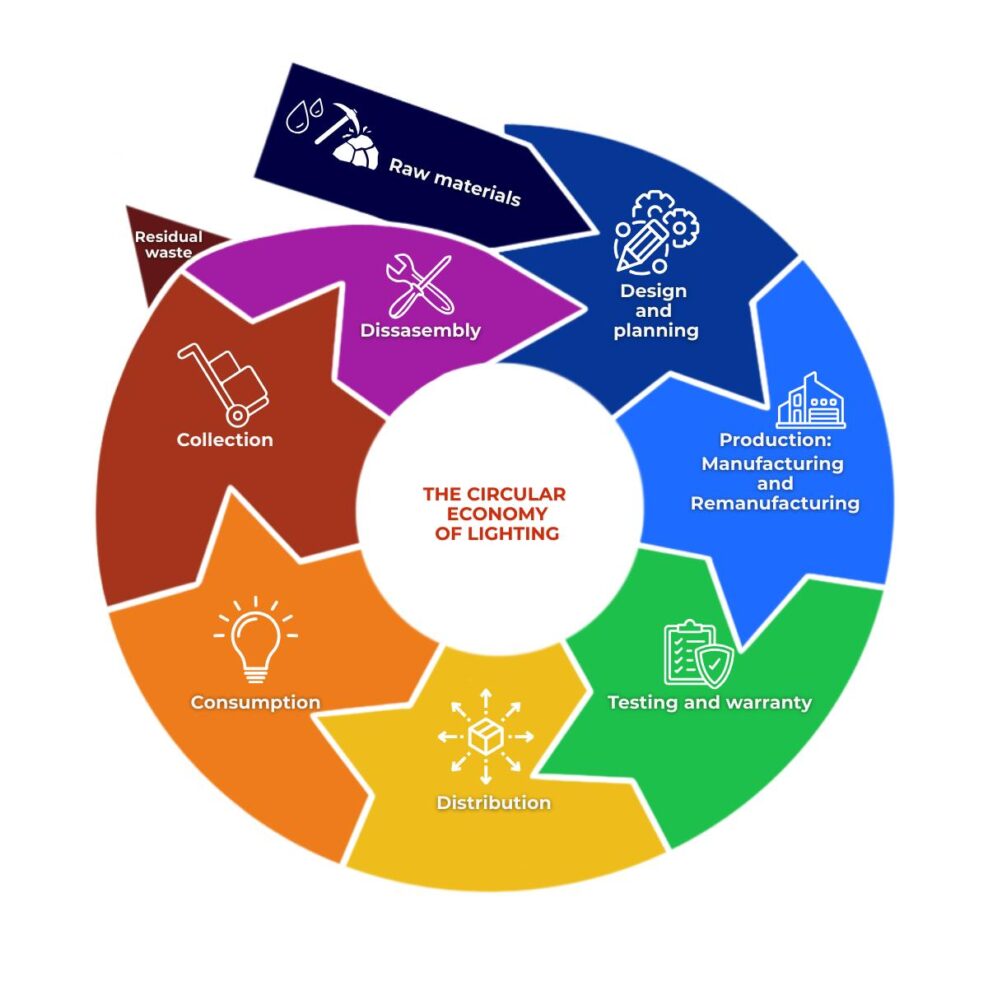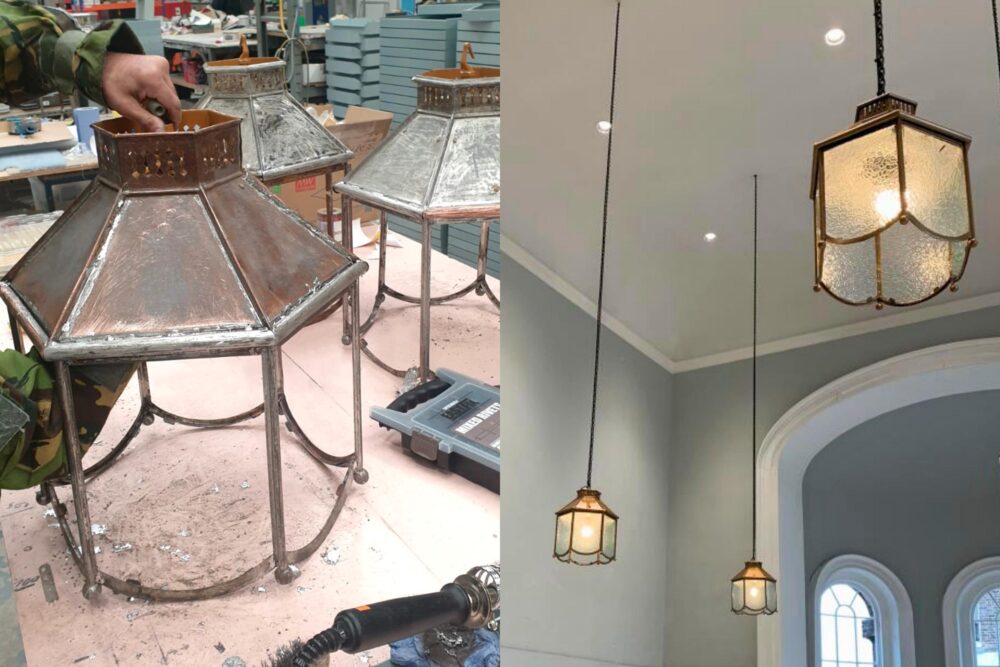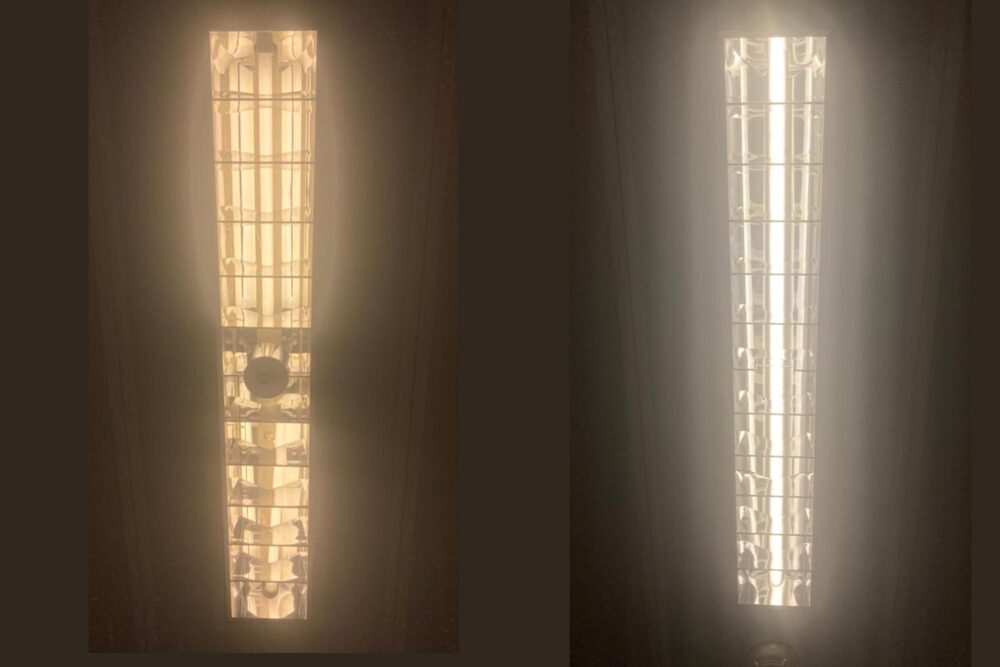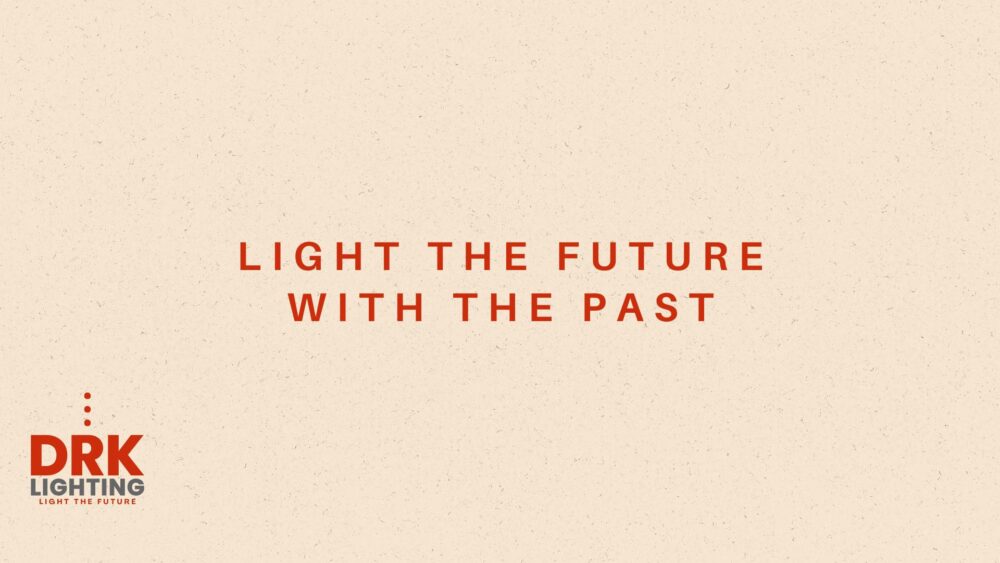In today’s world, where energy consumption is continuously increasing, the UK lighting industry as a whole and particularly those that design lighting schemes, have a unique responsibility to protect our planet.
Lighting Agencies are at the apex of influencing how London and the rest of the UK reassess their appetite for disposable consumption. The best consultants at the best practices are now saying enough is enough. Greta Smetoniute, Head of Sustainability for DRK Lighting, said ‘It’s just not okay anymore to rip out light fittings, throw them away and replace them with the next new thing that has been shipped in, whether you are tracking the carbon footprint or not. Stakeholders are in the adjustment phase where currently they are riding two horses, but we will soon cross the Rubicon, and disposal won’t be an option’.
UK Government recognise this crossroads too and have organised a working party to produce guidelines, tightening up legislation which will inevitably pass through parliament to become law, and it may be proscribed to send existing light fittings to landfill. It is only a matter of time before the UK Government imposes fines for wasteful and damaging practices.

The Circular Economy of lighting
Where the leading UK’s Lighting Consultants lead, we will follow
Rethinking how we Light the Future by extending life cycles of well-built luminaires from the past. This avoids sending existing light fittings to landfill and replacing them with imports, which burn through our planet’s finite resources and seriously impact our ecological footprint. In terms of carbon emissions, remanufacturing significantly reduces environmental impact. For instance, remanufacturing a cylinder head can lead to an 86% reduction in energy use, a 61% decrease in greenhouse gas emissions, and a 93% reduction in water usage compared to producing a new part.
DRK’s Remanufacturing processes are performed by our qualified technicians who upgrade all of the components, controls and outputs to such a large extent that we now believe we have tripled the life cycle of most fittings we get our hands on. Having remanufactured 6000 fittings last year for a Globally recognised UK brand, we now consider ourselves well-placed to harness that experience going forward.

Before and After: DRK Remanufacture of vintage pendants
Remanufacturing is the sustainable and cost-effective choice for lighting, offering several environmental and financial benefits. It helps reduce CO2 emissions by avoiding the production of new lights, while also minimising landfill waste and its associated emissions. This approach lowers building operating costs and contributes to a decreased carbon footprint for your facility. Additionally, by incorporating remanufactured products, you can enhance your brand’s eco-credentials. Energy savings and reduced emissions from recycling and transportation further support the environmental advantages of remanufacturing.

Before and After: DRK Remanufacture of linear to LED
Implementing sustainable practices is becoming more than just an environmental concern; it is quickly becoming essential financially due to future regulations. Brand new lighting is still chosen due to the perceived cost saving, but this is not the reality.
With legislation, lifecycle costs and consumer demand, remanufacturing is the smarter long-term investment. Economically, remanufacturing creates a more circular economy by extending the lifecycle of products and components and offering high-quality alternatives to entirely new products, benefiting both businesses and end-users. Long-established norms and foreign manufacturers influence the UK’s decision makers, but this regime is becoming questioned more often by the UK’s lighting consultants, who are choosing remanufacturing over replacement fittings.
Light the future with the past
In our important and heavily weighted industry regarding carbon emissions, lighting scheme creatives now find themselves in an extremely privileged position to grasp the opportunity to lead the sector in sustainability practices. We are seeing consultants and architects advocate for circular solutions, and decision-makers must adapt or fall behind and be forced to comply later at a much higher cost.
For more reading about some of the regulatory pressure hitting the UK:
https://ec.europa.eu/environment/waste/weee/index_en.htm
And, standards such as CIBSE TM65 for Embodied Carbon in Building Services Equipment are revealing the true costs of new equipment—beyond just upfront price https://www.cibse.org/knowledge-research/knowledge-portal/embodied-carbon-in-building-services-a-calculation-methodology-tm65


